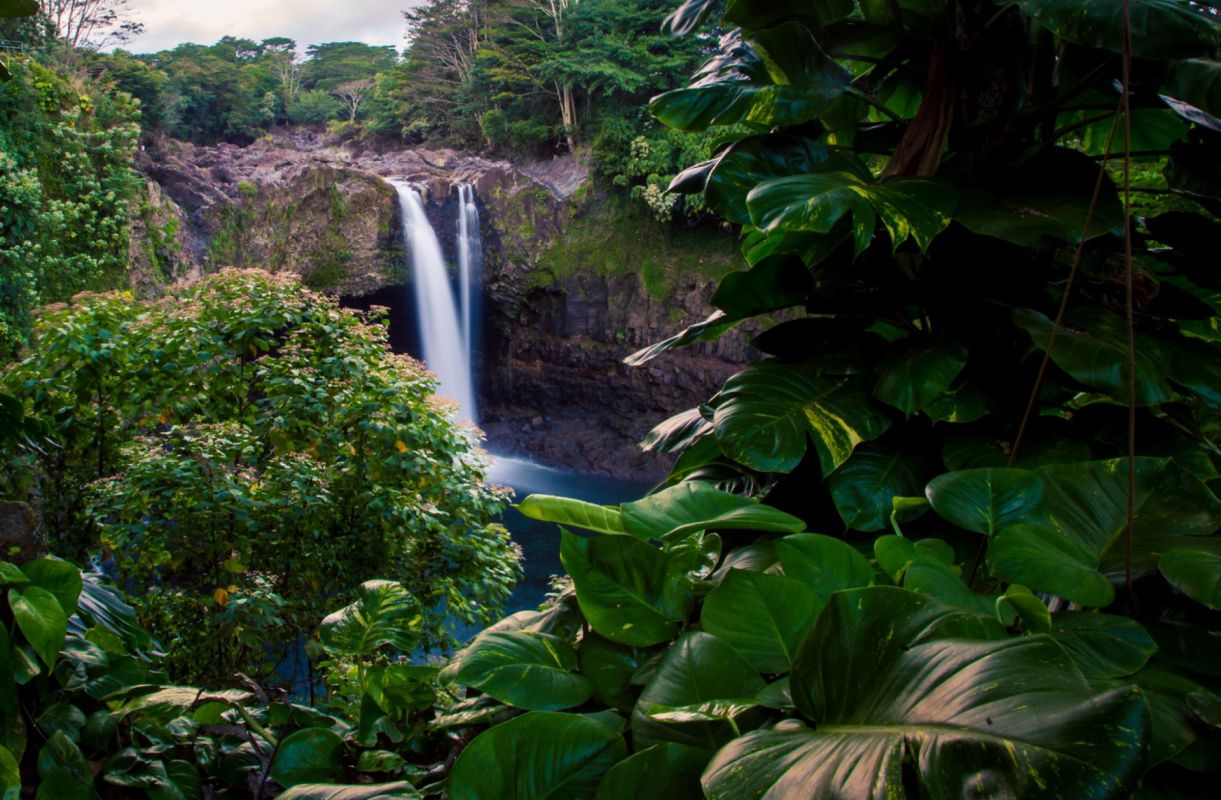A concerning report from the Intergovernmental Science-Policy Platform on Biodiversity and Ecosystem Services from 2019 said that one million plant and animal species worldwide are threatened with extinction.
The organization said the decline of nature is happening at a rate "unprecedented in human history," with invasive species, global heating, and pollution all said to be responsible for this rapid deterioration of the natural world, among other factors.
To observe the threat up close, Vox's Benji Jones went to Hawai'i, which he noted has been dubbed "the extinction capital of the world."
What's happening?
Human-related actions are accelerating the threat to habitats and ecosystems all over the world.
Land use from agriculture, dirty-fuel pollution, and rising ocean temperatures and water levels are among the reasons for such worrying declines in species populations.
Jones observed that Hawai'i was once an island group where creatures "evolved in isolation," but settlers brought along foreign plants and animals that the native species have struggled to deal with.
In 2023, the U.S. Fish and Wildlife Service removed 21 species from its endangered species list because of extinction. Among them were eight species of Hawaiian birds, including the poʻouli, the Molokai creeper, and the Bridled white-eye.
Of the 1,670 species and subspecies on the organization's Endangered Species Act, Vox analysis found nearly a third of them are found in Hawai'i.
Jones visited a Hawaiian lab that is working to halt the decline of snail species. According to Hawai'i's Department of Land and Natural Resources, around 60% of the 750 snail species in Hawai'i have gone extinct.
Jones spoke to David Sischo, a scientist at a lab run by Hawai'i's Snail Extinction Prevention Program, who argued the Achatinella fulgens snails are "one of the rarest animals on Earth."
It paints a bleak picture for Hawai'i, which also had to contend with devastating wildfires in 2023 that were linked to the effects of global heating.
Why is this so concerning?
It's not just Hawai'i where extinction is a threat. It is simply a microcosm of the impact that human activities have had on the natural world in the last couple of centuries.
If we continue to see patterns like this worldwide, with the death of vital species disrupting the natural balance and creating increased challenges within ecosystems, the knock-on effects for humans in terms of food supply, air quality, and the impact of invasive species could be disastrous.
What can we do to help?
Things might seem overwhelming, and our ability to reverse the decline of plant and animal life is impossible to do alone, but small lifestyle changes can make a huge difference.
Whether it's reducing the pollution we produce through travel, energy use, meat and dairy consumption, or single-use plastics, or being more conscious about how we can help encourage biodiversity in our green spaces, hope isn't lost.
Join our free newsletter for cool news and cool tips that make it easy to help yourself while helping the planet.









